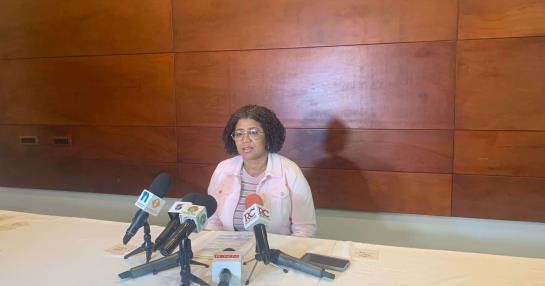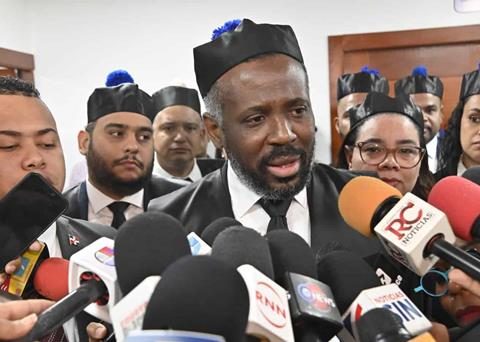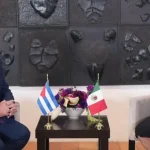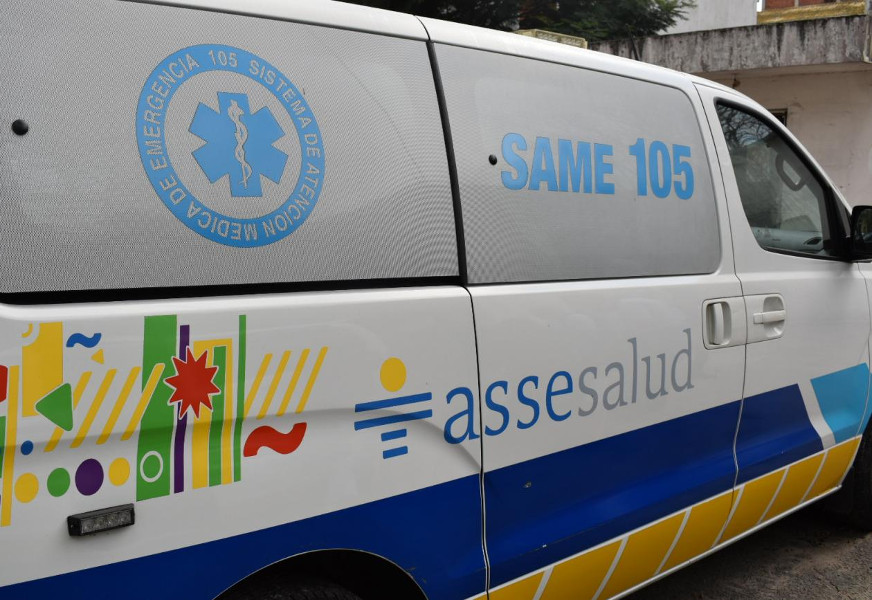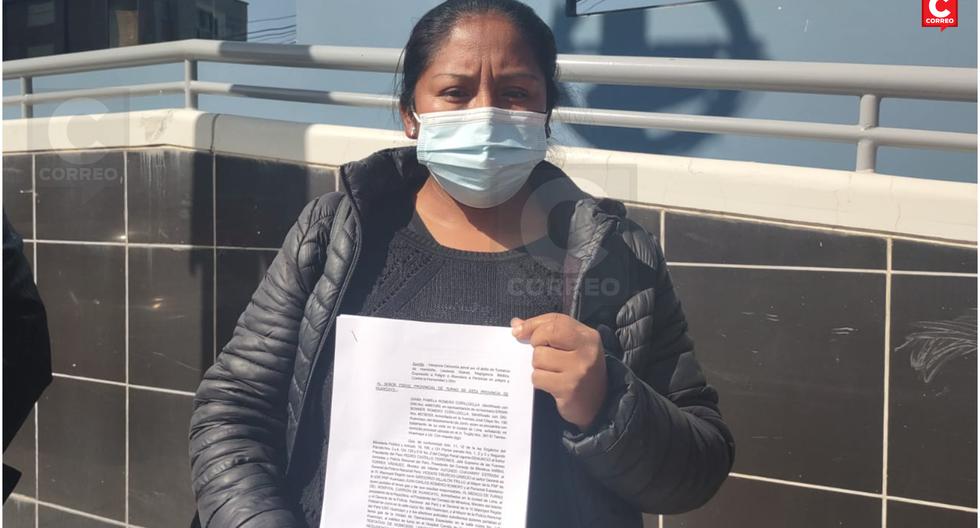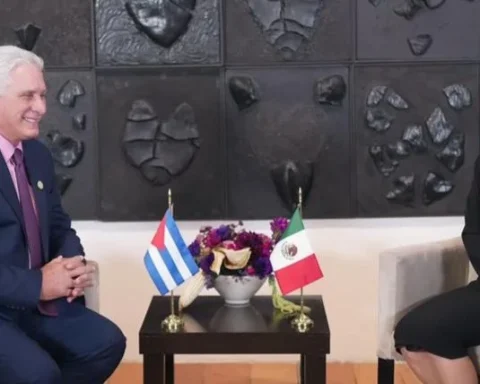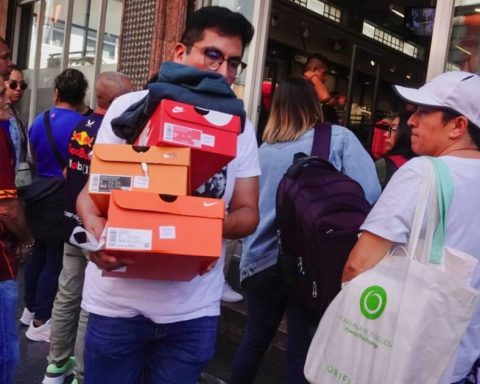Suppliers of the school lunch They urgently requested this Friday the suspension of the tenders carried out by the National Institute of Student Welfare (unabie), due to the supposed anomalies they present.
According to the consultant in Micro, Small and Medium Enterprises (MSMEs), Elizabeth Berigüete, the technical requirements, the evaluation formulas and the scoring system chosen in these tenders are discriminatory, since they increase the entry barriers and close the way to new entrepreneurs.
According to Berigüete, more than a thousand bidders will be left out of the process if the tenders continue as they are.
“We are requesting to suspend the ongoing tenders so that the anomalies are corrected and refocused, in order to avoid the exclusion of new entrepreneurs and micro and small companies that supply school lunch to students in public educational centers,” said.
Likewise, it requested that the new purchasing processes be established in a single tender, semi-face-to-face and with the establishment of the required controls.
He said that the anomalies are detrimental to the sector of micro, small and medium-sized companies “by not being able to overcome the bureaucratic, technological and economic barriers imposed in the tenders.”
The adviser indicated that with the requirement of having 1.5 million pesos or more to invest “in unnecessary equipment”, those with the greatest capacity to invest are favored, these being the large companies.
The tenders were proposed for Monday, April 25; however, Berigüete assures that it is not enough, since more time is needed to review the entire process.
In this sense, he calls on the president, Luis Abinader, and the director of Public Procurement, Carlos Pimentel, to echo this claim.
Anomalies in tenders
Berigüete pointed out that the new tenders are contrary to the provisions of the Constitution, of the Law 340-06to Regulation 543-12, and to the binding rules of Public Procurement and its own specific specifications.
“Being more evident the violation of the principles of efficiency, equality and free competition, economy and flexibility, fairness, responsibility, morality and good faith, participation and reasonableness,” he specified.
On the other hand, he pointed out that the complexity in the configuration chosen by the unabie at the time of configuring the tender on its portal “it makes the process difficult and complex and slow, which is difficult and excludes many MSMEs, especially those that have traditionally uploaded their offers and do not use advisors”.
